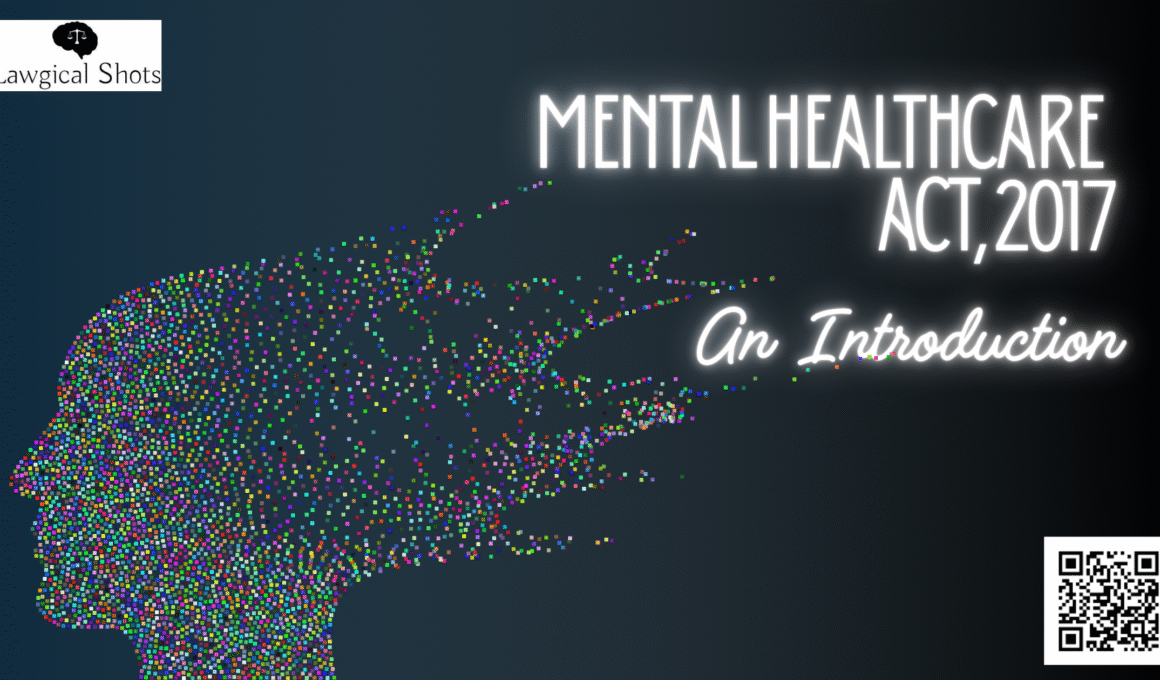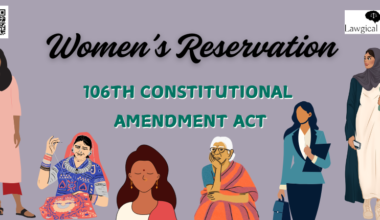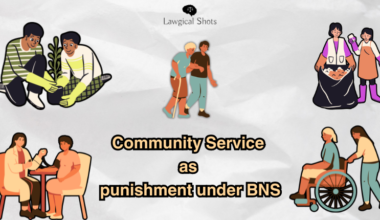There is a law which seeks to protect the rights of people with mental illness. The Act ensures proper mental healthcare services for the patients. Earlier, there was the Mental Health Act, 1987. The same has been replaced with the Mental Healthcare Act, 2017, which came into force on May 29, 2018. The 2017 Act seeks to align with India’s obligations under the UN Convention on the Rights of Persons with Disabilities (UNCRPD). Here is an introduction of the Mental Healthcare Act of 2017 to help understand the special provisions respecting mental health in India.
Need for Mental Health Act
In India, mental health is the last thing people have on their mind when someone mentions illness. Though in recent years, there have been lots of awareness drives to promote mental health. As per reports, there are more than 70 million patients of mental health in India. On the contrary, there are less than 4,000 psychiatrists, those too mostly settled in cities. Hence, those in rural areas suffer from lack of awareness as well as scope for treatment. When we talk about mental health, suicide statistics are a major concern. All the factors accumulate to advocate for a law which addresses the cause of mental health.
Mental Healthcare Act, 2017 Summary
- The Act decriminalised the offence of attempt to suicide under Indian Penal Code.
- The Act extends some basic rights to persons suffering from mental illness.
- Any person who has attained the age of maturity, can nominate a representative to make decisions on behalf of him/her. They can also give advance directive regarding their mental health treatment in future.
- The Mental Healthcare Act of 2017 requires treatment to be covered by Insurance Companies on a par with physical illness.
- The Mental Health Act seeks to prevent suicide rate and promote mental health in India.
- It lays advanced directives on how a person suffering from mental illness should be treated, and how they should not be treated.
- The Mental Healthcare Act of 2017 promotes communal living and restricts segregation of mental health patients.
- The Act prohibits cruel, inhuman and degrading treatment of anyone suffering from mental health issues.
- The Act extends duty upon the Government concerned to promote mental health and conduct preventive programmes.
- Social stigma is a huge obstacle on the path to mental health treatment. Therefore, the Mental Health Act entrusts the Government for reduction of stigma associated with mental illness. For that, awareness is the best route.
- The Act aims to establish the Central Mental Health Authority and State Mental Health Authorities.
- Since there is a lot of emphasis on consent-based treatment, there are clear guidelines on voluntary and involuntary admission.
Rights of Persons with Mental Illness
Chapter 5 of the Mental Healthcare Act, 2017 lays down some rights for persons with mental illness. The same are listed below:
- Right to access mental healthcare.
- Right to community living.
- Right to protection from cruel, inhuman and degrading treatment.
- Right to equality and non-discrimination.
- Right to information.
- Right to confidentiality.
- Restriction on release of information in respect of mental illness.
- Right of access to medical records.
- Right to personal contacts and communication.
- Right to legal aid.
- Right to make complaints about deficiencies in provision of services
Important Definitions under Mental Healthcare Act, 2017
- Mental Healthcare: As per Section 2 (o) of the Act, it includes analysis and diagnosis of a person’s mental condition and treatment. It further includes care and rehabilitation for their mental illness or suspected mental illness.
- Mental Illness: It is a substantial disorder of thinking, mood, perception, orientation or memory. The disorder grossly impairs judgment, behaviour, capacity to recognise reality or ability to meet the ordinary demands of life. It includes mental conditions associated with the abuse of alcohol and drugs. The definition of mental illness under Mental Healthcare Act excludes mental retardation (a condition of arrested or incomplete development of mind, particularly characterised by subnormality of intelligence).
- Mental Health Professional: As defined under Section 2 (r), it can be a psychiatrist, someone registered with the State Authority. A professional having post-graduate degree (Ayurveda) in Mano Vigyan Avum Manas Roga or a post-graduate degree (Homoeopathy) in Psychiatry or a post-graduate degree (Unani) in Moalijat (Nafasiyatt) or a post-graduate degree (Siddha) in Sirappu Maruthuvam is also considered.
- Psychiatrist: A medical practitioner possessing a post-graduate degree or diploma in psychiatry from a recognized University.
- Family: A group of persons related by blood, adoption or marriage.
- Relative: Any person related to the person with mental illness by blood, marriage or adoption.
Inference
In conclusion, the Mental Healthcare Act, 2017 reflects India’s approach to mental health. It places individuals’ rights and dignity at the center of healthcare. It ensures access to treatment, protects autonomy through advance directives, and decriminalizes suicide. Therefore, the Mental Health Act brings a compassionate and modern understanding of mental illness. While challenges remain in its implementation, the Act sets the tone for building a more inclusive, responsive, and humane mental healthcare system in India.








